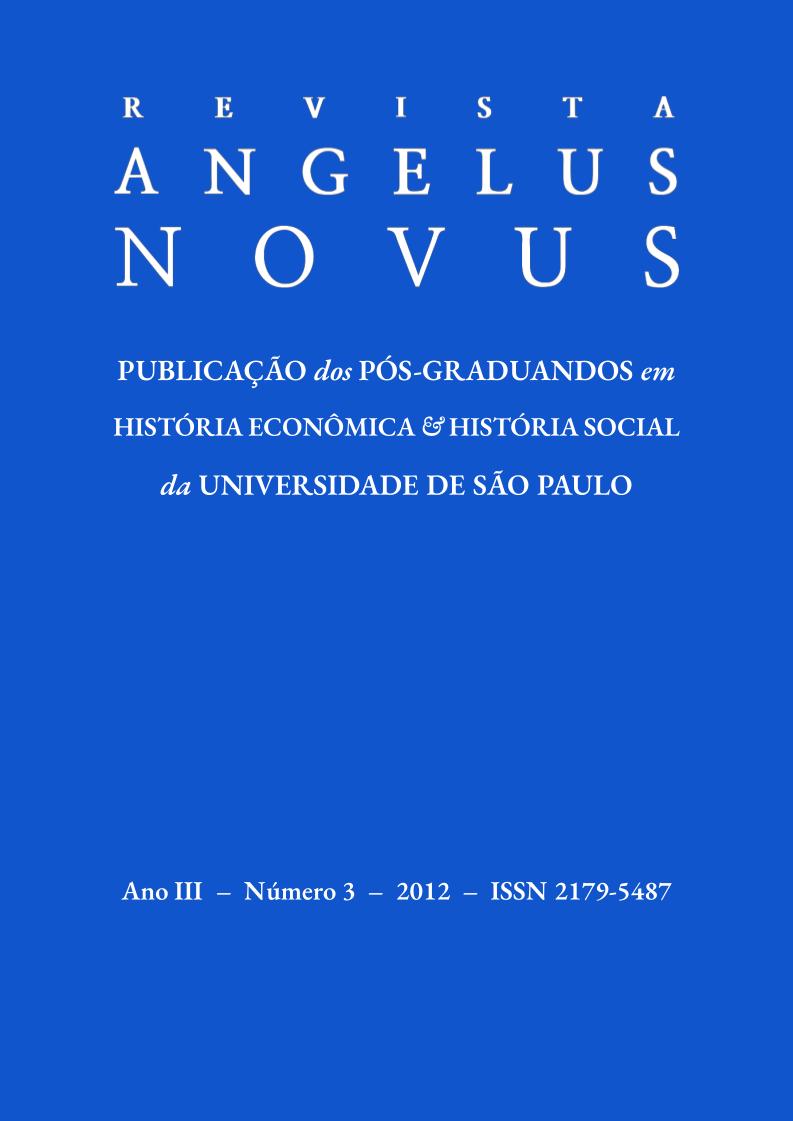“O nosso missal é um grande cardápio”
candomblé e alimentação em Curitiba
DOI:
https://doi.org/10.11606/ran.v0i3.98994Palavras-chave:
Alimentação, Candomblé, MemóriaResumo
A alimentação está ligada, em princípio, à maioria das religiões. Com jejuns, abstinências e determinando o que é puro e impuro, as religiões influenciam nos hábitos alimentares dos fiéis. Este trabalho tem o objetivo de perceber as relações entre a História da Alimentação e o estudo das religiões, unindo essas duas áreas do conhecimento. Para tanto, foram realizadas entrevistas, com base na metodologia da História Oral, com membros do Candomblé de Curitiba. Esses registros reúnem informações de diversos níveis de especificidade, tais como a mitologia preservada sobre os Orixás e como a comida aparece nessas histórias, os rituais de sacrifícios e oferendas, o cotidiano do Povo-de-Santo e sua rotina alimentar, tanto em dias comuns quanto durante as festividades. Essa complexa cadeia, que permeia as relações entre os deuses e a alimentação, a alimentação e os homens e os homens e os deuses, ilumina o campo da História da Alimentação e discute as práticas religiosas como modificadoras do gosto alimentar.
Downloads
Downloads
Publicado
Edição
Seção
Licença
1. Proposta de Política para Periódicos de Acesso Livre
Autores que publicam nesta revista concordam com os seguintes termos:
- Autores mantém os direitos autorais e concedem à revista o direito de primeira publicação, com o trabalho simultaneamente licenciado sob a Creative Commons Attribution License que permitindo o compartilhamento do trabalho com reconhecimento da autoria do trabalho e publicação inicial nesta revista.
- Autores têm autorização para assumir contratos adicionais separadamente, para distribuição não-exclusiva da versão do trabalho publicada nesta revista (ex.: publicar em repositório institucional ou como capítulo de livro), com reconhecimento de autoria e publicação inicial nesta revista.
- Autores têm permissão e são estimulados a publicar e distribuir seu trabalho online (ex.: em repositórios institucionais ou na sua página pessoal) a qualquer ponto antes ou durante o processo editorial, já que isso pode gerar alterações produtivas, bem como aumentar o impacto e a citação do trabalho publicado (Veja O Efeito do Acesso Livre).






